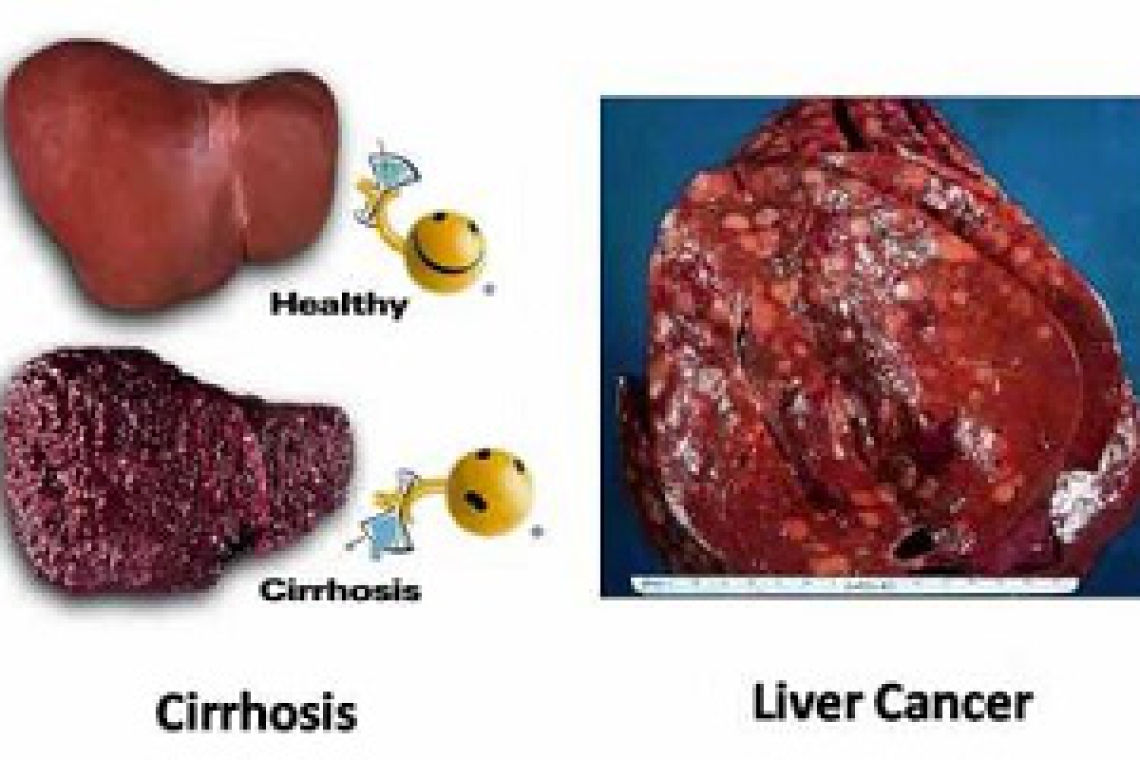 INTRODUCTION
INTRODUCTION
Hepatitis B is an infection caused by hepatitis B virus. The virus attacks the liver and causes inflammation of the liver.
Most people who get the infection have it for a short period and get better. This is called Acute Hepatitis B. Sometimes the virus causes a long term infection called Chronic Hepatitis B.
It is estimated that about 240 million are chronically infected with hepatitis. More than 780 people die every year due to complications of the disease. (WHO, 2016).
In the year 2015, out of 3,658 people tested for Hepatitis B in Holy Family Hospital, Berekum, 229 were positive.
MODE TRANSMISSION
Transmission of the virus occurs when the mucosa or non-intact skin of an uninfected person is exposed to infected blood or body fluids: menstrual, vaginal and seminal fluids.
It can therefore be contracted through:
-Unprotected sex with an infected person
-Infected mother to child through birth
-Sharing personal items like razors, toothbrushes with infected person.
-Getting a tattoo, body piercing or cutting finger/toe nails with instruments contaminated with infected blood
-Sharing of needles and syringes (especially among drug users).
Incubation period (the time it takes for the disease to manifest after infection) is 75 days on the average but can vary from 30 to 180 days.
You cannot get hepatitis B from sharing food or drinks, coughing, sneezing, kissing or hugging.
SIGNS AND SYMPTOMS
Some people do not show any symptoms. The symptoms may look like that of flu and may include:
- Loss of appetite
- Nausea
- Vomiting
- Headache
- Fever
- Feeling tired easily
- Jaundice (Yellowish discolouration of eyes and skin)
- Abdominal pain
- Dark urine
More than 90% of healthy adults who are infected with hepatitis B virus will recover naturally from the virus within the first year.
Children less than 6 years who become infected are likely to develop chronic infection. Less than 5% of adults who are otherwise healthy will develop chronic infection.
DIAGNOSIS
Laboratory diagnosis of hepatitis B infection focuses on the detection of hepatitis B surface antigen (HBsAg).
Hepatitis B profile test can be used to differentiate acute infection from chronic infection.
- Acute infection is characterised by the presence of HBsAg and antibody to core antigen (HBcASg).
- Hepatitis B e antigen (HBeAg) is a marker of high levels of replication of the virus and thus infectivity.
- Chronic infection is characterized by persistence of HBsAg for at least 6 months.
TREATMENT
There is no specific treatment. Symptoms can be relieved by rest, adequate intake of fluids, healthy diet and avoiding alcohol and drugs.
Chronic Hepatitis B infection can be treated with oral antiviral agents like Tenovir or Entecavir.
In some people, the treatment does not cure the infection but only suppresses the replication of the virus. Therefore, most people who start Hepatitis B treatment must continue for life.
PREVENTION
- Vaccination: Adults can have 3 shots of vaccines .
As part of the national policy on Expanded Programme on Immunisation (EPI), each child going for ‘Well-baby Clinic’ (otherwise well known in Ghana as ‘weighing’), will get Hepatitis B vaccination at 6, 10 and 14 weeks of age.
- -Practise safe sex
- -Don’t share sharp objects like needles, razors, etc.
- -Wear gloves if you have to touch blood.
- -Don’t share toothbrushes
- - Ensure safe injection practices and screening of blood before transfusion ( in health facilities)
COMPLICATIONS
About 20-30% of adults who are chronically infected will develop liver cirrhosis and/or liver cancer.


